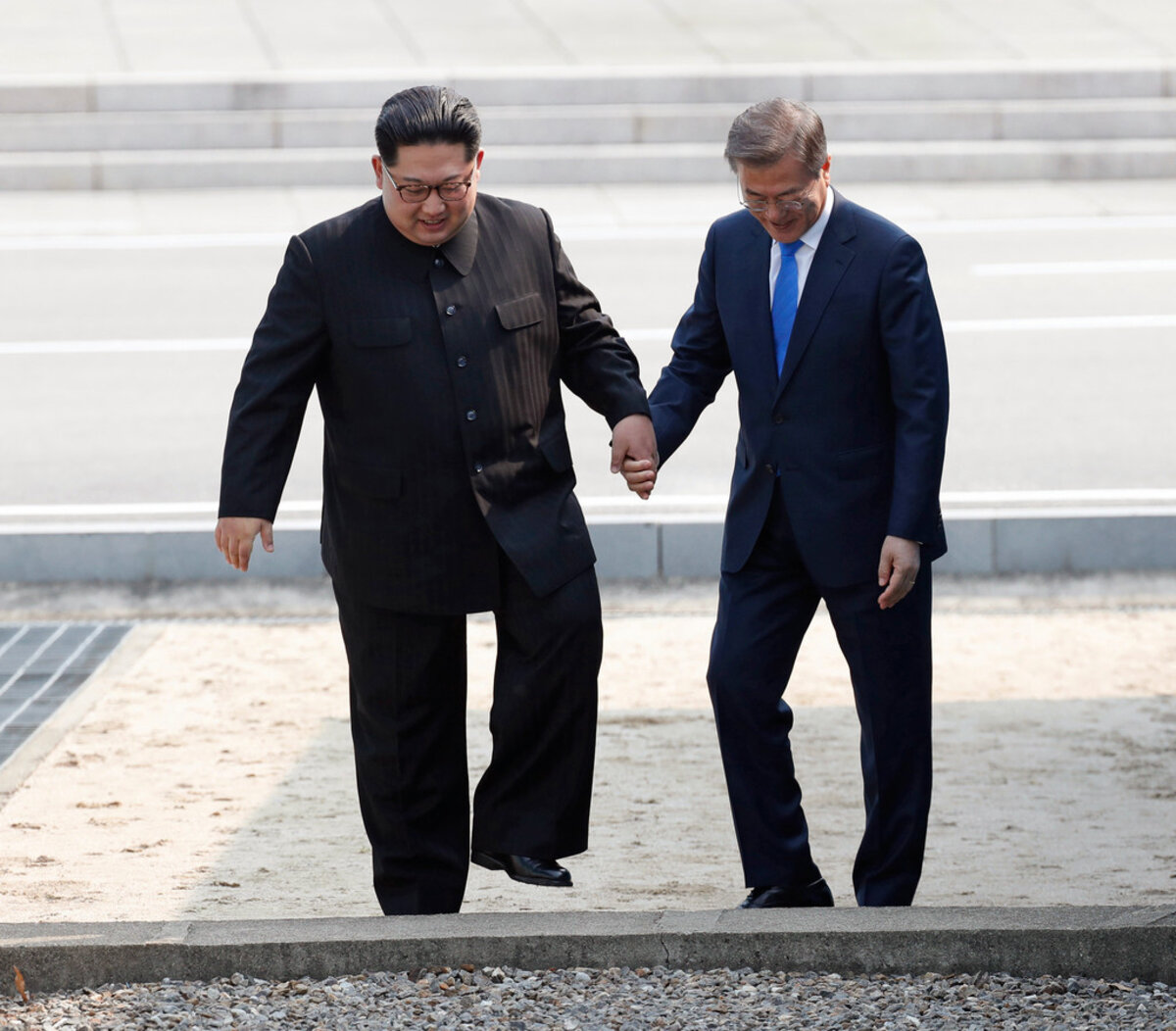Does President Trump want anything from the United Nations? Judging from the slow pace at which the administration is moving to replace Ambassador Nikki Haley, experts say, not much.
Monitor Daily Podcast
- Follow us:
- Apple Podcasts
- Spotify
- RSS Feed
- Download
 Peter Ford
Peter Ford
Interpol’s reputation has taken a drubbing in recent months. Its president disappeared last November, only to turn up in jail in his native China accused of corruption. And then a top Russian security official came close to replacing him, which would have raised further doubts about the neutrality of the international police network.
But today there was some good news on the “wanted man” front. Hakeem al-Araibi, a dissident Bahraini soccer player, returned to his home in Australia, where he is a refugee, after nearly three months as a prisoner in Thailand, where he had gone on honeymoon.
The Bahraini government had used Interpol to issue an international “red notice” demanding his arrest and extradition. Several other authoritarian governments are notorious for hounding dissidents through Interpol in this way – among them Russia, Turkey, China, and Venezuela.
This time, though, Mr. al-Araibi’s friends and family organized a campaign to free him that went viral around the world. In the face of international outrage, Bahrain withdrew the extradition request it had lodged with Thailand.
Interpol says it tries to weed out illegitimate red notices that are issued for political purposes, but it doesn’t always succeed. Hakeem al-Araibi’s case shows that a public outcry can set international affairs on a truer path. And it should prompt Interpol to redouble its efforts to thwart those governments who would abuse it.
Here are our five stories for today.











